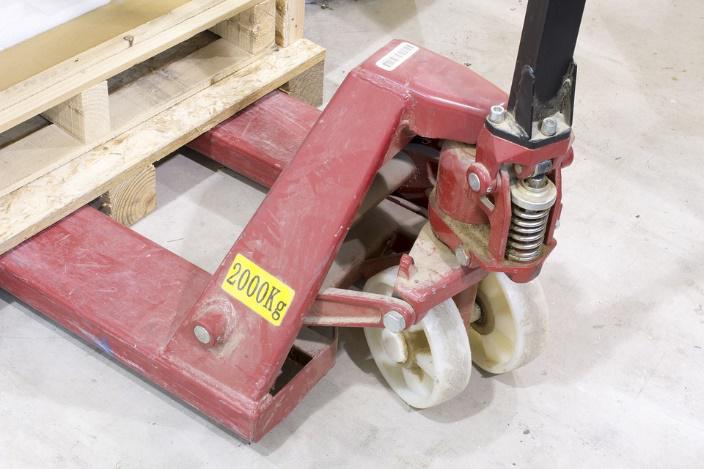
Weighing scales are essential instruments used in manufacturing facilities. These scales not only measure the weight of an object but are also used in a variety of functions such as quality control and batch checking. In most warehouses and similar storage facilities, floor scales are used for weighing large objects and pallets of products before shipping. Whatever the nature of the industrial application, a floor scale provides weighing versatility and practical use.
Since there are various types of industrial scales available today, the following are some questions you can ask before choosing a particular floor scale type and model.
-
How are products loaded on to the scale?
-
Do you have forklifts available on site to load the scale?
-
Does the floor scale need to be mobile?
-
How much is the available space for the scale?
-
Do you need to install ramps?
-
What is the accuracy required?
In answering these questions, we will discuss further the different types of floor scales available today and their features.
Standard or basic floor scale
If you have never seen a floor scale before, a basic floor scale is probably what you have in mind. These scales are simple and usually square with weighing capacity ranging from 1,000 to 2,000 pounds. You can choose from different types of construction material, but the most common is stainless steel. The platform may be smooth or textured for better grip.
If you do not have a forklift to load objects on to the scale, you can use pallet jacks or ramps. However, ramps will take up space and is not an ideal solution for small areas. If space is a problem, the scale may be put inside a pit which will facilitate more effortless loading.
Low-profile floor scale
A low-profile floor scale is designed explicitly for pallet jack access. Instead of a plain platform, there are two side rails. These rails can sometimes prove challenging when the pallet is of an odd size or shape, but since the rails are also live, you can put the load over the rails instead.
Lift scale
There are instances when a standard floor scale is not a suitable option, such as in hygienic facilities handling chemicals and food products. In these types of applications, a lift scale is a better option. This type of floor scale can be lifted so that you can clean the undercarriage after each use. The standard material used for lift scales is stainless steel, making it easier to clean.
Portable floor scale for industrial use
There are portable versions of low-profile floor scales with swivels and wheels for mobility. This type of floor scale is a practical choice when space is limited, and the scale needs to be stored after use. But the lower the profile of the scale, the lesser the capacity. Nonetheless, it is ideal to have a portable floor scale for instances when you need to transport one to a different location.
High-precision industrial floor scale
The configuration of a high-precision floor scale is similar to a standard scale, but with enhanced accuracy and readability. Not all industrial facilities require a high-precision scale, but it is quite useful in quality control applications and laboratories.









